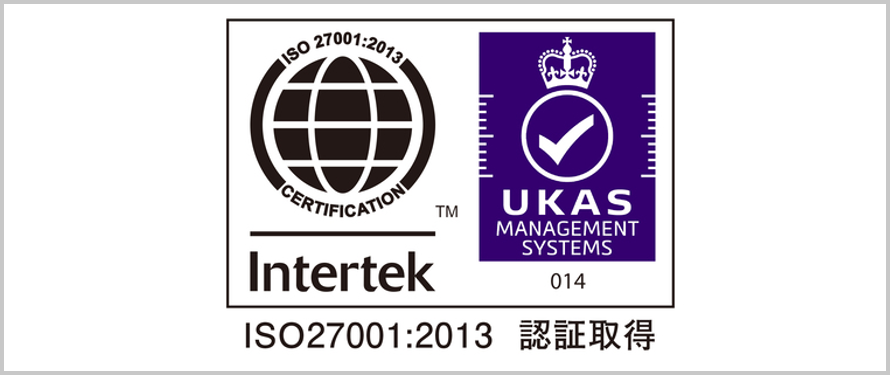[2013-2017] Cloud IaaS ranking by age [Summary]

table of contents
This is Ohara from the technical sales department.
This time,
I will summarize my thoughts on the Magic Quadrant for each cloud (IaaS) from 2013 to 2017
, based on statistical data published by Gartner *Statistical data images are from Gartner Inc.
By the way, the Magic Quadrant is like a quick reference table that can be understood at a glance.
It can be said that those located in the "leader frame" in the upper right corner naturally tend to have a high share.
2013 statistical data
■ AWS is already a "leader". Since then, AWS has gained tremendous momentum.
I think this is also a time when cloud vendors other than AWS are becoming more active in cloud deployment.
And some are in "Challenger" in the upper left.
■ Microsoft Azure (then called "Windows Azure") at this time
was in the "concept-first" category at the bottom right. It's about time that I started to make my presence felt little by little.
■ In the "specific market-oriented" category on the lower left, there is IaaS from the now defunct HP.
■ There is also IaaS, which I honestly don't know about.
■ Google Cloud Platform (GCP) has not yet appeared.
2014 statistical data
■ While AWS is moving further up the rankings, Azure has become a leader.
■ Google Cloud Platform (GCP) has appeared in the "concept type" on the bottom right.
■ The short-lived ``VMware'' IaaS appears in the ``Specific Market Oriented'' category in the lower left.
*Currently, it has been revived as "VMware Cloud on AWS"
■ IBM acquired Softlayer and it was gaining popularity.
2015 statistical data
■ Azure is gradually catching up to AWS's position.
■ The position of each cloud vendor is becoming clearer.
Is this the period when cloud vendors are developing services for specific users (domestic only, etc.) under "specific market-oriented" in the lower left
2016 statistical data
■ At this point, the rankings are fixed: 1st place: AWS, 2nd place: Azure.
■ Is the number of cloud vendors decreasing overall?
At this point, there may have been cloud services that were consolidated or terminated.
■ Is this the time when IBM (Softlayer) took advantage of its strengths in private clouds and changed direction?
■ It was around the time that VMware's IaaS service was announced to be discontinued.
2017 statistics
■ It looks like GCP will reach the "leader" soon. In 2018, it should be in the "Leader" category.
■ IBM's Softlayer brand has been changed and integrated into "IBM Bluemix".
The Bluemix brand itself was originally a PaaS service, but
it was reborn as "IBM Bluemix Infrastructure" as a Bluemix IaaS service.
■ Aliyun (Alibaba Cloud) and Oracle (Oracle Cloud) have newly entered the IaaS market.
summary
Gartner's current rankings are 1st place: AWS, 2nd place: Azure, and 3rd place: GCP.
It remains to be seen how Bluemix, Alibaba, and Oracle will fit into the 4th place.
*I don't know what the ranking will be in the future. . .
As a side note,
started hearing from enterprise user companies
that they are considering introducing Azure from now on, or that they are actually thinking about Azure
[ Features and image of Microsoft Azure
■ You can pay in yen instead of dollars. (Not affected by exchange rates)
■ Even when a user company signs a contract, the governing law is Japanese law. (Jurisdiction is the Tokyo District Court)
■ There are regions in Tokyo and Osaka, so DR and BCP measures can be implemented only in the domestic regions.
*By the way, AWS will also open an Osaka local region in 2018.
■ Major system integrator vendors are taking the lead in introducing it to user companies.
■ Image used in corporate core systems and business systems (many Windows-based companies)
■ Compatible with "Visual Studio" and ".NET Framework", which is great for developers.
(Visual Studio can be used seamlessly and applications can be developed on Azure as is.)
■ Integration between Azure and Office 365 (good for users who use Office 365)
■ Integration with on-premises (on-premises SQL Server can be used to fail on Azure) over)
Next time I have a chance, I would like to write about "Microsoft Azure".

![[Osaka/Yokohama/Tokushima] Looking for infrastructure/server side engineers!](https://beyondjapan.com/cms/wp-content/uploads/2022/12/recruit_blog_banner-768x344.jpg)
![[Deployed by over 500 companies] AWS construction, operation, maintenance, and monitoring services](https://beyondjapan.com/cms/wp-content/uploads/2021/03/AWS_構築・運用保守-768x344.png)
![[Successor to CentOS] AlmaLinux OS server construction/migration service](https://beyondjapan.com/cms/wp-content/uploads/2023/08/almalinux_blogbanner-768x344.png)
![[For WordPress only] Cloud server “Web Speed”](https://beyondjapan.com/cms/wp-content/uploads/2022/11/webspeed_blog_banner-768x344.png)
![[Cheap] Website security automatic diagnosis “Quick Scanner”](https://beyondjapan.com/cms/wp-content/uploads/2023/04/quick_eyecatch_blogbanner-768x345.jpg)
![[Reservation system development] EDISONE customization development service](https://beyondjapan.com/cms/wp-content/uploads/2023/06/edisone_blog_banner-768x345.jpg)
![[Registration of 100 URLs is 0 yen] Website monitoring service “Appmill”](https://beyondjapan.com/cms/wp-content/uploads/2021/03/Appmill_ブログバナー-768x344.png)
![[Compatible with over 200 countries] Global eSIM “Beyond SIM”](https://beyondjapan.com/cms/wp-content/uploads/2024/05/beyond_esim_blog_slider1-768x345.jpg)
![[If you are traveling, business trip, or stationed in China] Chinese SIM service “Choco SIM”](https://beyondjapan.com/cms/wp-content/uploads/2024/05/china-sim_blogbanner-768x345.jpg)
![[Global exclusive service] Beyond's MSP in North America and China](https://beyondjapan.com/cms/wp-content/uploads/2024/06/gloval_surport_blog_slider-768x345.jpg)
![[YouTube] Beyond official channel “Biyomaru Channel”](https://beyondjapan.com/cms/wp-content/uploads/2021/07/バナー1-768x339.jpg)
 0
0
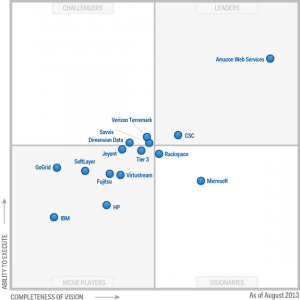
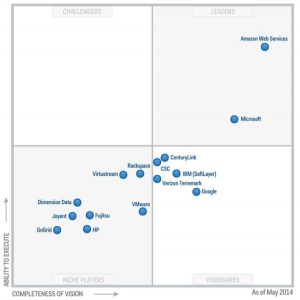
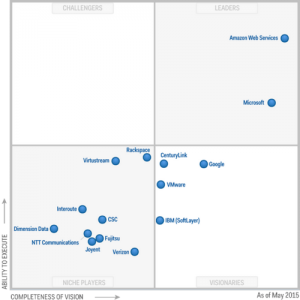
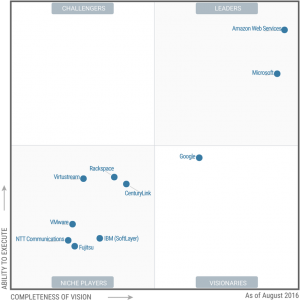
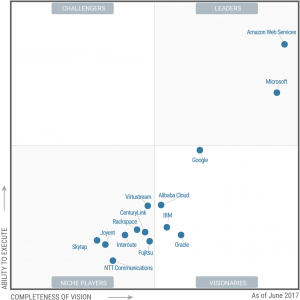

![[2025.6.30 Amazon Linux 2 support ended] Amazon Linux server migration solution](https://beyondjapan.com/cms/wp-content/uploads/2024/05/59b34db220409b6211b90ac6a7729303-1024x444.png)
